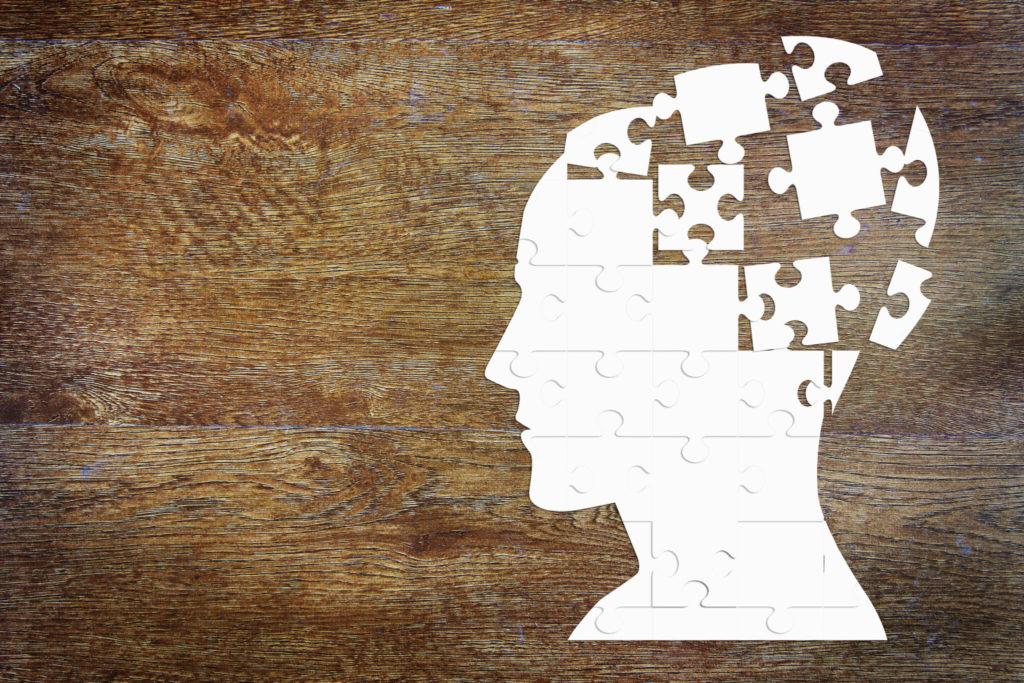Mind over COVID? Mental health tips for coaches, athletes, and sport administrators
FROM C.R.I.C.
Emerging studies are highlighting the very real impact on mental health that prolonged stressors like COVID-19 can have on the general population (e.g., Ornell et al., 2020). With changing levels of public health restrictions in place across the country, many have realized our return to training, coaching, work and school is not a return to normal, but an entirely new social experience. This new reality requires us to navigate new processes across numerous environments, and will often demand that we confront psychological discomforts, worries, and/or fears in places and spaces that once felt like our second homes.
So what can we do proactively to support our mental health and optimal mental performance as we adapt to social life amidst the uncertainties of the pandemic? Below are a few practical tips to consider as we return to work, school, coaching, and training.
Eye contact and positive body language

Physical distancing does not mean emotional distancing. We’ve all gotten better at maximizing our digital tools to connect remotely. As we reintegrate in real life with masks and physical distancing, take extra care in your communication, especially the non-verbal. Eye contact and smiling “with our eyes” makes a world of difference in feeling connected to others and ensuring others feel truly seen. Positive body language supports psychologically safe spaces and positive social interactions even when visible (masks, spaces) and invisible (threat of COVID-19) social barriers exist. Make a point of nurturing interpersonal relationships in your life, at school, work, in your sporting environment, and in your social and home life. Be intentional about growing your connections with others, including your student-athletes or teammates, coaches, and/or colleagues. Communication matters now, perhaps more than ever.
Pre and post daily routines
Just like a high performance athlete learns to develop optimal pre and post competition or game-day routines, consider how to optimize your pre and post daily routines. How can you “book end” your work, school, or training routine to ensure healthy transitions to and from home support your physical and emotional wellbeing? Consider the role and timing of clothing, nutrition, hydration, movement, music, self-talk, goal setting, visualization, and daily gratitude practices. Healthy routines that help you mentally prepare for the day ahead, and/or mentally gear down at the end of the day, can help reduce the impact of pandemic stress on your mental health and allow you to thrive in these times of uncertainty.

While our routines, fitness regimes, and daily habits may have been inconsistent at the start of the stay at home directives, many of us have since created new wellness-related habits. This may include working out at home, more walking and/or moving outdoors, making more meals from scratch, sleeping more, and reconnecting with hobbies and leisure that bring you joy throughout the week. Take the time to appreciate what you learned about supporting your mental health and optimal mental performance at home, and consider how these new practices can be sustained or adapted for continued joy.
Get excited for new solutions
There is no denying that COVID-19 is a real issue for us all to contend with, but focusing on the problem for extended periods of time can be both stressful and discouraging. Instead, adopt a solution-focused mindset. Wehr (2010) found that, compared to a problem-focused intervention, solution-focused interventions increased self-confidence and established a positive mood (as cited in, Grant & Gerrard, 2019). Challenge yourself and those around you to find new and better ways of doing things so our learning, working, and training experiences are improved in the process. By being solution-focused we can meaningfully help each other attain goals, build self-efficacy, and enhance emotional wellbeing in all our pursuits of excellence.
Cognitive fitness

Periods of prolonged psychological stress as a result of grief, trauma or pandemics can impact our mental performance. Consider how you can support your cognitive fitness in fun and creative ways every day! Our brains thrive on variability – studies suggest that proactive mental activity has neuroprotective and neuroplastic benefits throughout aging (Phillips, 2017). Engage your mind in diverse and meaningful ways through continuing education, reading, leisure, arts and crafts, online brain games (e.g. Luminosity and Peak), and off line mental gymnastics such as sudoku, word cross puzzles, puzzles, cards, board games, etc. Give yourself permission to have fun while seriously training your mind and optimizing cognitive fitness.
Emotional intelligence
Last but not least, actively practice emotional intelligence. Tune in daily and ask yourself how you feel, what you need most, and how you can honour your emotional needs. Likewise, support colleagues, fellow coaches, and teammates by checking in, listening and expressing empathy, and validating their feelings. All too often we go through our days reacting rather than responding with great self-awareness. Take the time to enhance your self-awareness and notice how this allows you to self regulate your emotional life, and tune into others more effectively. You could do this through journaling (including gratitude practice), praying and/or engaging in a spiritual practice that sustains you, seeking humour and light on purpose, and by engaging in mindfulness including through meditation. Meditation, for example, has been found to reduce cortisol levels following stress, as well as being associated with changes in the structure, activation, and neural activity of our brain (Phillips, 2017). In other words, emotional and spiritual health matters to brain health.
Final thoughts
In closing, I invite you to get to know yourself better throughout this unusual experience that is COVID-19, and use it to also grow and deepen your social connections. Your mental health and optimal mental performance is well worth your caring attention.
In times of fear and uncertainty, when threats to one’s own survival and that of others become one of the main issues of daily life, many believe that mental health care can wait and that efforts should focus on preserving life. However, mental health is precisely one of the keys to surviving this latest pandemic and all that it entails in the short, medium, and long term. (Da Silva, Miranda, Diaz, Teles, Malloy-Diniz, & Palha, 2020).
About the Author(s)
Dr. Chantale Lussier is a mental performance consultant and the Founder and CEO of Elysian Insight. She has worked with hundreds of nationally and internationally-ranked competitive, elite and pro athletes (CFL, NHL), as well as military and emergency-service professionals (police, fire, first responders, etc).
References
Da Silva, A., G., Miranda, D.M., Diaz, A.P., Teles, A.L.S., Malloy-Diniz, L.F., Palha, A.P. (2020). Mental health: why it still matters in the midst of a pandemic. Brazilian Journal of Psychiatry, 42(3).
Grant, A.M., & Gerrard, B. (2019). Comparing problem-focused, solution-focused and combined problem-focused / solution-focused coaching approach: solution-focused coaching questions mitigate the negative impact of dysfunctional attitudes. Coaching: An International journal of theory, research, and practice, 13(1), 61-77. DOI: 10.1080/17521882.2019.1599030 Opens in a new window
Ornell, F., Schuch, J.B., Sordi, A.O., & Kessler, F.H.P. (2020). “Pandemic fear” and COVID-19: mental health burden and strategies. Brazilian Journal of Psychiatry, 42(3), 232-235. Epub April 03, 2020. https://dx.doi.org/10.1590/1516-4446-2020-0008 Opens in a new window
Phillips, C. (2017). Lifestyle Modulators of Neuroplasticity: How Physical Activity, Mental Engagement, and Diet Promote Cognitive Health during Aging. Neural Plasticity, 2017. https://doi.org/10.1155/2017/3589271 Opens in a new window
